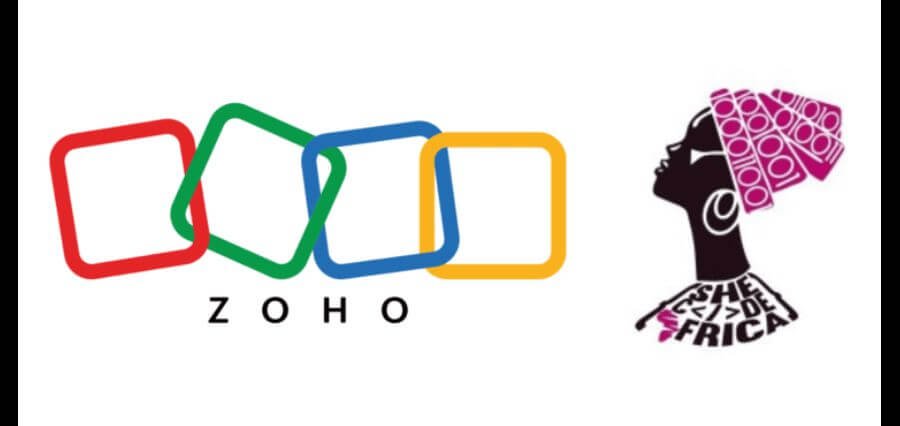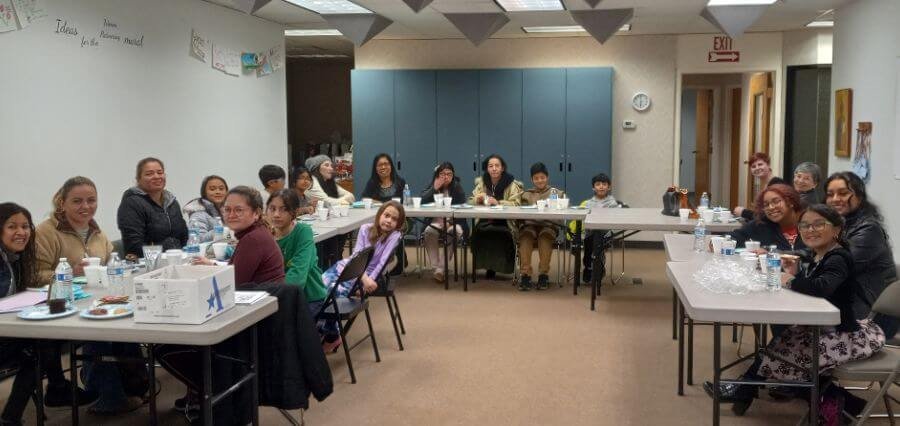The majority of workers are now expected to have a basic understanding of digital abilities, and those who work in technology occupations must continuously improve their skills because technology has become so ingrained in the workplace. AI will only intensify the urgency of that requirement.
According to Microsoft’s annual Work Trend Index research, which was released in May of last year and questioned 31,000 workers worldwide, 90% of leaders in Southeast Asia believe that their staff will require new skills to be ready for the advent of AI. Six of the Association of Southeast Asian Nations’ (ASEAN) ten members—Indonesia, Malaysia, the Philippines, Singapore, Thailand, and Vietnam—were polled for the report.
Microsoft today revealed plans to provide 2.5 million AI skills to workers in the ASEAN area by 2025. The community, corporations, non-profits, and governments will all assist in providing the training. The effort expands on a number of Microsoft skilling programs that are already in place in the area and have assisted many people in changing careers or finding employment, especially women who are still under represented in the computer industry.
A prominent name is Saran Hansakul (Code: Without Barriers), 38 years old, Thailand
Saran Hansakul knew her job was in danger when pandemic lockdowns closed the silver jewelry store AKE AKE Thailand in Bangkok, where she worked as a brand and IT manager.
Hansakul learned via social media that Microsoft, as part of its Code; Without Barriers program, was providing free certification in data, AI, and cybersecurity. That thought crossed her mind, she recalls: “This is the only way to survive 2020.”
Using her improved understanding of data security, she made the decision to go paperless for her business as soon as possible. She recalls that her employer used to have stacks of material attached to bulletin boards and on his desk. “There were many risks to just misread, make mistakes or lose confidential information,” she said.
She also gradually weaned staff members off of utilizing instant messaging for business, which ran the risk of exhausting them because it mixed personal and professional texts at all hours. Instead, they started using Teams and Microsoft 365, which is more secure, for teamwork. Next, she is developing a Copilot to assist shoppers using Azure AI Studio in collaboration with a Microsoft partner. The project’s budget approval is still waiting.
She stated, “Thai customers like to chat.” When a client posts an image of a famous person wearing jewelry, the AI tool can recommend related items. It might also apply to the hordes of Chinese visitors that Thailand has seen since the borders were reopened. A large community of women in technology has been introduced to Hansakul by what began as a desperate attempt to upskill. As the social media manager for Thai Cy Sec, a group that plans events and holds monthly virtual gatherings, she has witnessed members “change their lives” by obtaining better-paying employment.
For More Details: https://womentimesmagazine.com/






